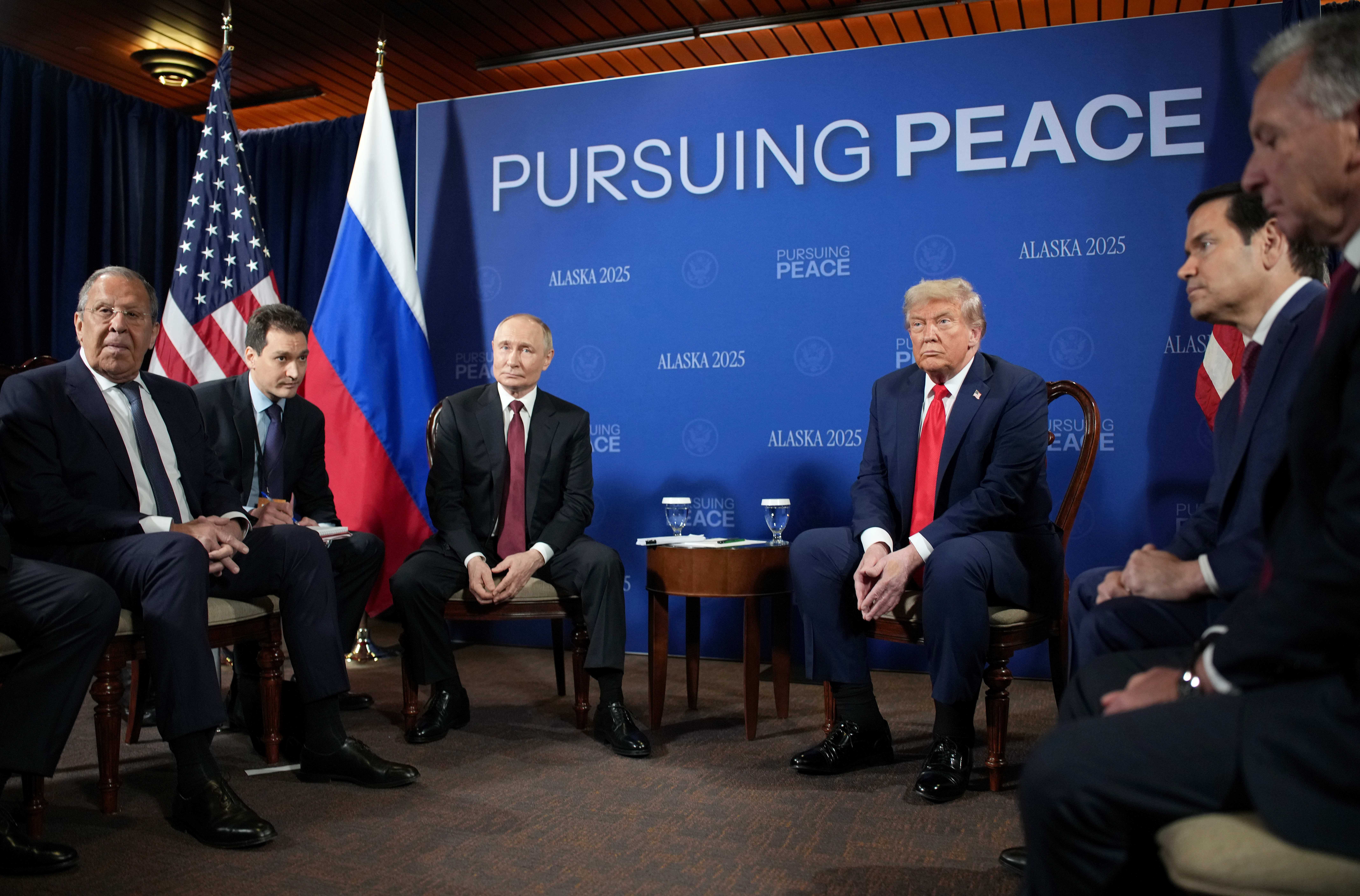TAJIKISTAN’S BILL ON RELIGIOUS FREEDOMS CURTAILS POLITICAL OPPOSITION
TAJIKISTAN’S BILL ON RELIGIOUS FREEDOMS CURTAILS POLITICAL OPPOSITION
Tajikistan’s new bill on religious freedoms threatens to become the most rigid and illiberal regulation of its type in Central Asia. Developed in January 2006, “On Freedoms of Confessions and Religious Organizations” restricts religious education for children, curbs women’s rights to practice religious traditions, and increases the required number of congregants for registration of mosques. The bill also hints at an increasingly authoritarian style of politics practiced by Tajik President Imomali Rahmonov, who, for all practical purposes, has already secured his victory in the presidential elections scheduled for November 6. Finally, the bill would allow the Rahmonov government to rely more on local law-enforcement agencies in controlling religious leaders.
The bill has not been presented to parliament yet, but it has already provoked heated debates about its implications among both the population and political forces. According to a report on religious freedom in Tajikistan prepared by the U.S. State Department’s Bureau of Democracy, Human Rights, and Labor (BDHRL), the Tajik government often confuses the notion of a secular state with non-religiosity, and therefore infringes upon the basic religious rights of its citizens.
One possible reason for Rahmonov’s wish to limit religious practices among the population is his fear of a new generation of religiously extremist youth who have little memory of the civil war between the secular government and the Islamic opposition in 1992-97. According to Tajik Minister of Education Abdujabbor Rahmonov, today Tajikistan faces a shortage of approximately 700 schools and 9,000 teachers (Asia-Plus, October 4). Lacking education and employment prospects, the younger generations represent a potential breeding ground for aggressive popular demands and could one day lead to a revolt against Rahmonov’s regime.
The BDHRL estimates that about 97% of the Tajik population identifies themselves as Muslim, while only 5-10% of the urban and 30-40% of the rural population practices religious traditions on a regular basis. The Tajik public is rather anxious about the spread of Hizb-ut-Tahrir (HUT), an illegal religious movement active in Central Asia. Some Tajik experts claim that unemployment and poverty along Tajikistan’s periphery compel local youth to enter underground religious networks. However, according to one Tajik representative from an international organization, religious sentiments often avert drug addiction among the Tajik population, despite the fact that Tajikistan is the leading transit country for illegal Afghan drugs.
Instead of coping with the problem of religious extremism at the grassroots level by preventing corruption in the agricultural and education sectors, President Rahmonov has often been condemned for using accusations of religious extremism in persecuting unwanted political actors. According to the U.S. Embassy in Dushanbe, 99 people were arrested in 2005 on accusations of HUT membership. There have also been incidents when the Tajik police patrolled in front of mosques and religious schools. The government also imposes strict restrictions on people wishing to travel to Mecca.
As with other Soviet successor states, Tajikistan became attractive territory for various sectarian movements in the 1990s. Among them, Baptists, Roman Catholics, Seventh Day Adventists, Korean Protestants, Jehovah’s Witnesses, Lutherans, Hare Krishnas, and Baha’ist are registered in Tajikistan (state.gov, November 8, 2005). Since Tajikistan’s ethnic Russian population is small, there are only about 230,000 representatives of the Christian denominations, mainly Russian Orthodoxy. Representative of these and other confessions regularly encounter government pressure.
In the political domain, restrictions on religious freedoms also influence the activities of Tajikistan’s Islamic Renaissance Party (IRP), the only legal religious political party in the Central Asian region. If the bill on religious freedom is passed, the party will be limited in its ability to incorporate religious sentiments into its own political agenda and its more conservative members will be further marginalized. The government has repeatedly accused the IRP of having HUT followers among its members.
The IRP, the second-most popular political party in the country, has refused to participate in the upcoming presidential elections. Consequently, the party seems to be slowly moving toward functioning as a coalition partner for the president’s People’s Democratic Party, rather than being in the opposition.
Meanwhile, there are five officially registered presidential candidates. All five assure that democracy and fairness will triumph in the upcoming elections, despite the fact that only Rahmonov’s political campaign is noticeable throughout the country. The other four candidates, although each being allotted 30 minutes of broadcast time on national radio and TV, have not rushed to seize the opportunity to promote themselves (see EDM, October 5).
Although the bill on religion received negative criticism from the international community and especially the U.S. Embassy in Dushanbe, it is likely to be endorsed after the presidential elections.


